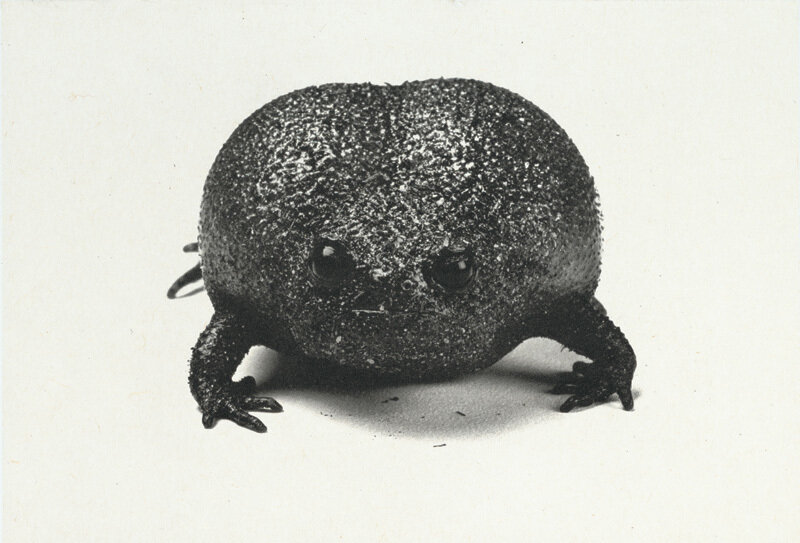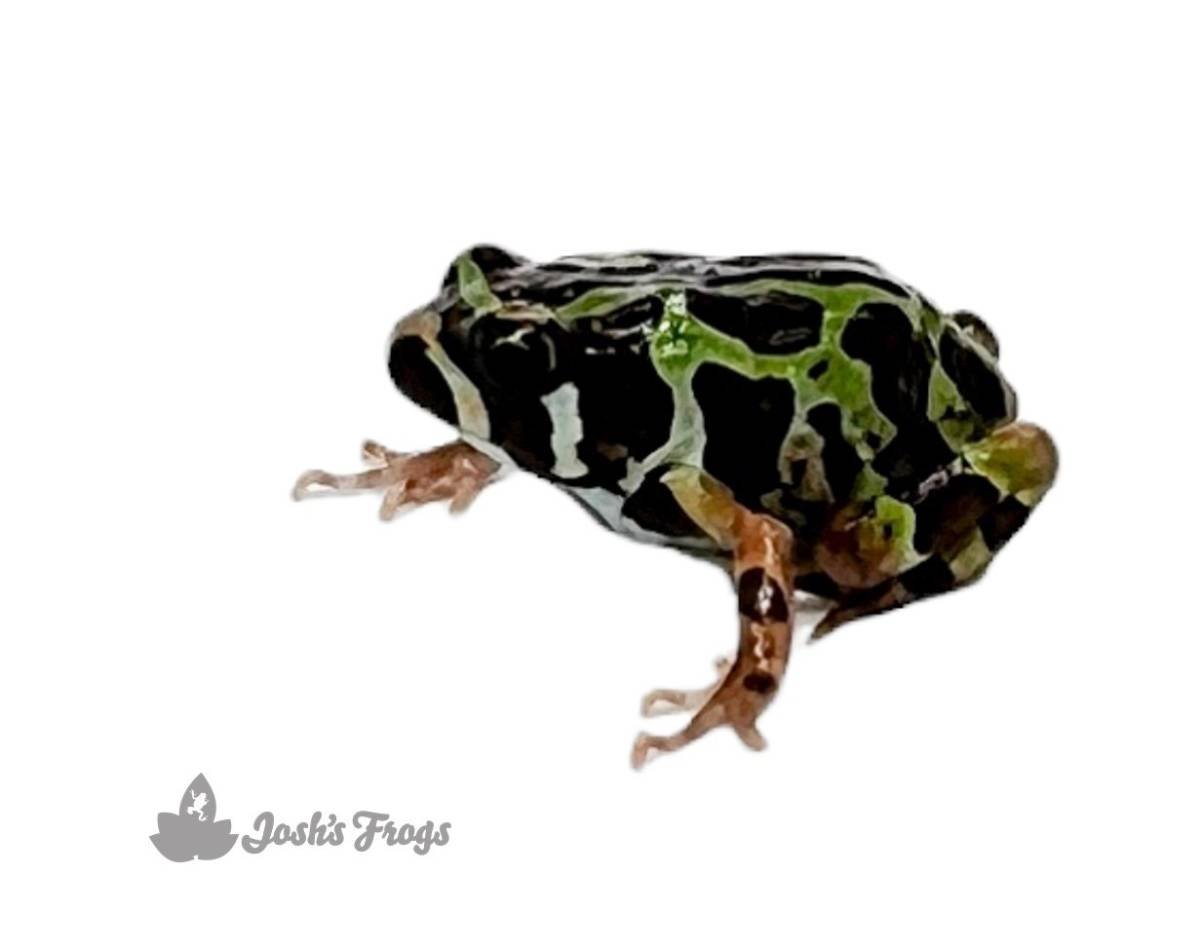Common Health Issues in Reptiles: Symptoms and Solutions
In the elaborate globe of reptile care, comprehending the typical wellness issues that might influence these special animals is vital in guaranteeing their wellness. From respiratory infections that can silently take hold to metabolic bone conditions that can cripple, reptiles are at risk to a series of conditions that need keen monitoring and timely treatment. Whether it's facing parasitic invasions, navigating dehydration problems, or attending to skin disorders that materialize in subtle means, being in harmony with the signs and geared up with the expertise of efficient services is essential for any kind of reptile proprietor. By delving better into the nuances of these wellness issues and discovering the functional remedies readily available, one can secure the health and vigor of these fascinating pets.
Respiratory Infections
Breathing infections in reptiles can dramatically influence their general wellness and call for prompt attention from experienced veterinarians. These infections are frequently brought on by infections, fungis, or germs and can manifest through symptoms such as hissing, nasal discharge, open-mouth breathing, and sleepiness. In reptiles, respiratory system infections can be specifically testing to identify and deal with due to their one-of-a-kind anatomy and physiology. Vets often count on a combination of checkups, diagnostic imaging, and research laboratory tests to properly recognize the underlying root cause of the infection.
Treatment for respiratory infections in reptiles commonly involves a combination of supportive care, such as preserving appropriate moisture degrees and temperature level gradients in the unit, along with targeted medicine to resolve the specific pathogen in charge of the infection. It is important for reptile owners to check their pets carefully for any type of signs of respiratory system distress and look for veterinary care at the earliest sign of a concern. With prompt treatment and proper therapy, numerous reptiles can recover fully from respiratory infections and return to regular tasks.

Metabolic Bone Condition
What aspects add to the advancement of Metabolic Bone Illness in reptiles?
Metabolic Bone Condition (MBD) in reptiles is mainly caused by an absence of correct calcium, phosphorus, and vitamin D3 levels in their diet. Additionally, poor exposure to UVB light prevents reptiles from manufacturing vitamin D3, which is crucial for calcium absorption and bone health and wellness.
Other contributing variables to MBD consist of incorrect temperature gradients within the reptile's environment, causing reduced metabolic process and impaired calcium absorption. Not enough moisture degrees can likewise influence a reptile's ability to metabolize calcium efficiently. Moreover, particular reptile types have details nutritional requirements that, otherwise met, can enhance the probability of creating MBD. Routine veterinary check-ups, correct husbandry techniques, and a balanced diet regimen are crucial to protect against Metabolic Bone Disease in reptiles.
Parasitical Problems
Parasitic problems pose a substantial health threat to reptiles, affecting their overall wellness and needing punctual vet focus. Reptiles can be impacted by numerous bloodsuckers, including mites, ticks, inner worms, and protozoa. These parasites can trigger a series of signs, such as fat burning, lethargy, skin inflammation, looseness of the bowels, and even fatality if left without treatment.
One typical bloodsucker found in reptiles is the mite, which can trigger skin irritability, anemia, and tension. Ticks are one more outside bloodsucker that can trigger and transfer illness discomfort to the reptile. Interior bloodsuckers like worms and protozoa can cause digestive issues, lack of nutrition, and weaken the reptile's immune system.
To diagnose a parasitic infestation, a veterinarian may carry out fecal tests, skin scrapings, or blood tests. Treatment commonly entails deworming drugs, antiparasitic bathrooms, or Check Out Your URL in extreme instances, a hospital stay. Preventative procedures such as routine veterinary check-ups, proper hygiene, and quarantine treatments for brand-new reptiles can assist lessen the danger of parasitic infestations and guarantee the well-being of reptile animals.
Dehydration and Hydration Issues
Dehydration in reptiles can significantly influence their health and health, requiring prompt intervention Visit This Link and appropriate hydration administration. If left neglected, dehydration can lead to significant health and wellness issues and even be deadly to the reptile.
To stop dehydration, reptile owners must ensure that their family pets have access to tidy water at all times. The water meal need to be big sufficient for the reptile to soak in if needed, specifically for species that take in water with their skin. Furthermore, preserving correct humidity levels in the reptile's room and providing routine bathrooms can aid avoid dehydration.
In instances of dehydration, it is vital to look for veterinary care quickly. A vet might administer liquids either orally or with shots to rehydrate the reptile. It is vital to deal with the underlying reason for dehydration to avoid recurrence and make sure the reptile's total health.
Skin Ailments

Conclusion

Respiratory infections in reptiles can significantly influence their total health and wellness and require timely attention from seasoned veterinarians (rain frog for sale). Preventative measures such as routine vet examinations, proper hygiene, and quarantine procedures for brand-new reptiles can assist minimize the danger of parasitic infestations and ensure the well-being of reptile family pets
If left neglected, dehydration can lead to major health issues and also be deadly to the reptile.
Routinely examining your reptile for any modifications in skin color, texture, or look can aid in early discovery and therapy of skin conditions, advertising the total health and wellness and well-being of your flaky friend. - rain frog for sale
In verdict, reptiles are susceptible to numerous health concerns such as respiratory system infections, metabolic bone illness, parasitic invasions, dehydration, and skin disorders.